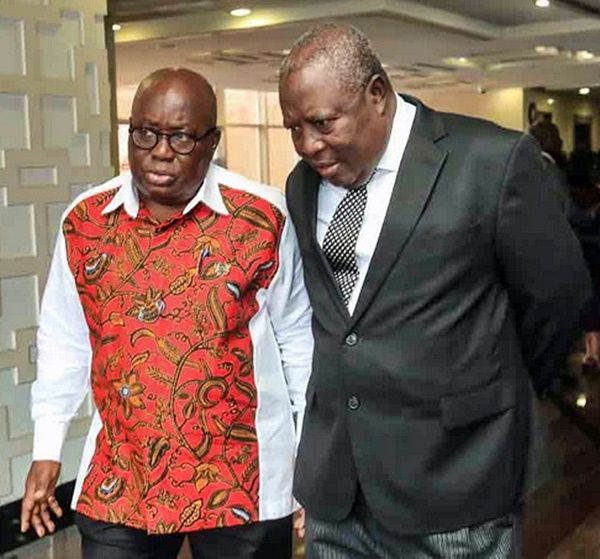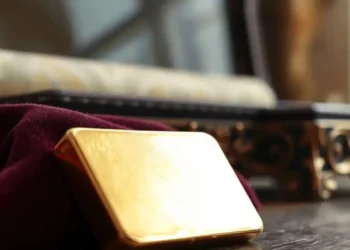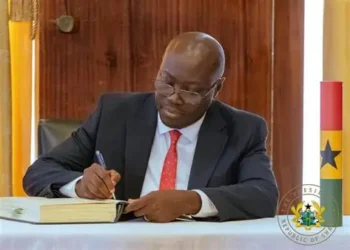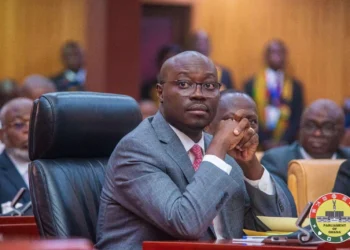Controversies have always been seen to surround government deals. These have come across as exploitation of the country’s mineral resources in the bid for the government to support the country’s infrastructure development and debt repayments.
Until the Agyapa Royalties deal became contentious and suspicious, the Ghana Sino-hydro deal was the latest controversial deal involving Ghana’s mineral resources agreed upon by the then parliament.
After strong disagreement by Civil Society Organizations (CSOs) and sections of the public regarding the government’s push for a reassessment of the Agyapa deal by the 7th parliament of the Republic, the government intends to bring it back for reassessment in the 8th parliament.
The disagreement that surrounded the former push was on the grounds that the 7th Parliament was to blame for the controversial nature of the deal. And thus, lacked the moral grounds to supervise a reassessment.
Will this be Government’s last attempt on pushing the Agyapa deal through like the Sino-hydro deal?
This was at the time when the former Special Prosecutor, Martin Amidu, in his corruption risk assessment report to the President said, “…the process of the selection of the transaction advisor(s) disclosed a reasonable suspicion of bid-rigging and corruption activity including the potential for illicit financial flows and money laundering.”
Against this backdrop, the President of the Republic in his State of the Nation Address (SONA) yesterday, March 9, 2021 hinted that the government will come back to table before parliament, the way forward regarding the Agyapa Royalties deal.
“Mr. Speaker, let me, at this point, assure the House that, in the course of this session of Parliament, Government will come back to engage the House on the steps it intends to take on the future of the Agyapa transaction.”
The Sino hydro deal. takes the form of a bauxite-backed loan. While the Agyapa Royalties transaction involves the sale of Ghana’s rights to future gold royalties in perpetuity.
Controversies that shrouded Sino Hydro deal
Under the deal, the government of Ghana must repay $2 billion loans it agreed with Sino-hydro in 2018. The $2 billion Master Project Support Agreement (MSPA) has Sinohydro gain access to Ghana’s bauxite in exchange for rail, road, and bridge networks worth the loan amount.
However, there are still issues with clarity in the terms of the loan. Also, the non-involvement of communities that will be affected by the mining in meaningful discussions. Last year, reports by both the IMF and London-based Natural Resource Governance Institute (NRGI) warned the government of potential pitfalls that it could run into.
The IMF, in its report, raised doubts over the repayment schedule of the facility. The IMF warned that, since the loan repayment schedule required a rapid ramp-up of bauxite production and refining, the repayment may be fraught with difficulties and therefore could lead to loss of collateral.
Furthermore, the NRGI report recommended that the country’s rising debt levels feature as a major concern for a relook at the transaction. Although it had already been agreed upon.
Controversies that shroud the Agyapa deal
Under the Agyapa Royalties transaction, Ghana intends to sell off its future receipts of gold royalties to a special corporate vehicle, Agyapa Royalties Company. As part of the deal, Ghana intends to own 51 percent of shares of the company. With the rest of the shares of the company listed on the London Stock exchange.
The government argues that, by selling off such a large share of the country’s future revenues, the government could raise $500 million in capital to service the growing debt levels by listing the remaining 49% of the shares.
However, there is doubts as to whether such a deal is in the best interest of the country. As the Ghanaian think tank, IMANI Africa has reasoned that the total value of shares up for sale which the government pegs at $1 billion is far less than the potential worth of the country’s gold royalties.
Also, the rush with which the deal, the then parliament approved, leaves room for doubts. This is due to the absence of transparency, probity and accountability . In addition to this, the Special Prosecutor’s report on the transaction weighs in on the potential issues of corruption that plagues the deal.
With all of these concerns in place, the call from the president for a return of discussions on the deal, given the dynamics of the 8th parliament may result in due diligence of the proposal than in the previous parliament or perhaps a repudiation of the deal entirely.
READ ALSO: President’s Statement On Agyapa Disrespectful- Ato Forson






















